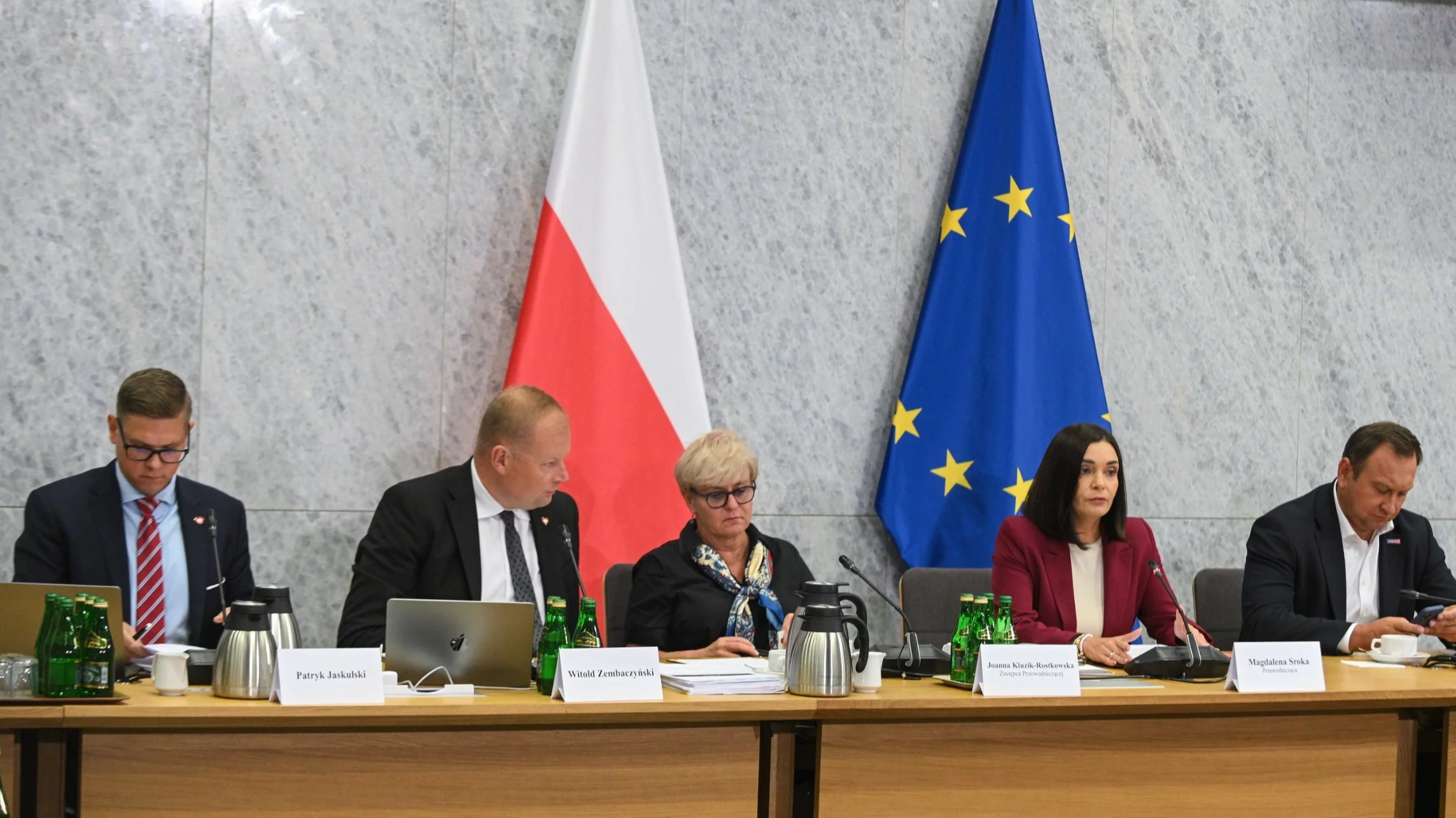Chancellor Rachel Reeves delivered her second Autumn Budget on November 26 in the House of Commons, announcing £26 billion in tax increases to address a £50 billion deficit in public finances. The statement was overshadowed by an unprecedented leak when the Office for Budget Responsibility accidentally published its economic forecast half an hour before Reeves spoke.
The Budget extends the freeze on income tax thresholds until 2030, a move projected to raise £8.3 billion annually by pulling nearly one million more people into higher tax brackets as wages rise. The personal allowance remains frozen at £12,570.
Darren Jones, Chief Secretary to the Prime Minister, confirmed on Sky News that freezing the personal allowance is «practically, yes» a tax rise when pay increases push workers above the threshold.
Scrapping Two-Child Benefit Cap
The government will remove the controversial two-child limit on benefits from April 2026, at an estimated cost of £3 billion by 2029-30. The cap, introduced by Theresa May's Conservative government in 2017, prevented parents from claiming universal credit or tax credits for more than their first two children.
The OBR document revealed: «The Government has removed the two-child limit within UC from April 2026... Its removal costs £2.3billion in 2026-27 and £3billion in 2029-30.»
Wage Increases and Cost of Living Measures
Around 2.7 million workers will receive pay rises from next April. The National Living Wage for those aged 21 and over increases 4.1% to £12.71 per hour, boosting gross annual earnings for full-time workers by £900.
The National Minimum Wage for 18 to 20-year-olds rises 8.5% to £10.85 per hour, while 16 to 17-year-olds and apprentices see a 6% increase to £8 per hour.
Rail fares will be frozen, saving commuters on expensive routes more than £300 annually. NHS prescription charges in England remain at £9.90. The government will retain the 5p fuel duty cut introduced in 2022 and extend it until September 2026.
New Levies and Taxes
Electric vehicle drivers will face a new 3p-per-mile charge from April 2028, estimated to raise £1.4 billion as fuel duty revenues decline. The government allocated £1.3 billion for EV buyer grants and £200 million for charging point rollouts.
A "mansion tax" will apply to approximately 100,000 properties in council tax bands F, G, and H worth over £2 million, raising an estimated £400 million by 2029-30.
Health Secretary Wes Streeting announced an expansion of the sugar tax to include pre-packaged milkshakes, coffees, and sweetened yogurt drinks. The maximum sugar content threshold drops to 4.5g per 100ml from 5g per 100ml, starting January 2028.
Budget Leak Controversy
Darren Jones told LBC Radio that officials received reprimands over budget leaks: «There have been some leaks which are unacceptable and not very helpful. We've had to read the riot act to people in Government about that.»
The OBR's early publication of its economic forecast was described by Tory leader Kemi Badenoch during Prime Minister's Questions as «unprecedented».
Farmer Protests
Farmers staged protests in Westminster against proposed inheritance tax changes coinciding with the Budget announcement. More than a dozen tractors appeared outside Parliament despite a Metropolitan Police ban on agricultural machinery in Whitehall due to concerns about «serious disruption».
David Gunn, an arable farmer from near Sevenoaks in Kent, stated at the protest: «Inheritance tax is one reason, it's going to cripple the farmers, the small family farmers. There's all the other taxes they've been putting on us, and the prices we get for our produce and what it costs in the shop, we don't make any money. Then there's food security, farmers are going out of business.»
Economic Outlook
The OBR increased its economic growth forecast for this year from 1% to 1.5%, but downgraded forecasts for the following four years. The Chancellor's fiscal headroom stands at £22 billion in five years, more than double the £9.9 billion reserve from the spring.
Reeves acknowledged in a filmed address ahead of the Budget: «I have to be honest that the damage done from austerity, a chaotic Brexit and the pandemic were worse than we thought.» She emphasized making «fair and necessary choices to strengthen our foundations and drive down the cost of living».
Sir Keir Starmer told Cabinet the Budget represented the «kind of country we want to live in» and that the «fight was between renewal or decline - and this government chose renewal».
Note: This article was created with Artificial Intelligence (AI).









